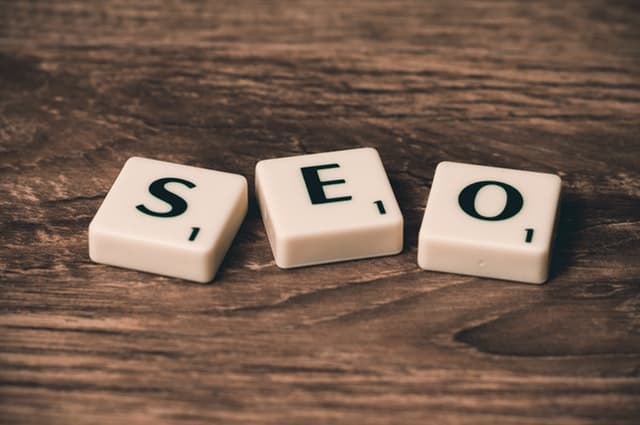SEO has been the greatest factor in determining a website’s success. Search Engine Optimization or SEO, as we call its shorter form has come a long way in the past decade. Google has been introducing new algorithms and learning with them constantly, which has further pushed website owners to improve their website.
SEO not only helps you to rank better, it also forces you to optimize your website to improve the user’s experience. Today, SEO is focused on quality and providing the right content to the user. If you have what a user is looking for, Google will help you connect to that user based on your SEO.
Why is SEO important?
Doing SEO for your website basically means that you are optimizing your website to look better in the search results and you have content that is well-written and provide answers to users. SEO can be divided into two parts, which are
On-Page SEO
On-Page SEO is all about your website optimization. It covers the important aspects of your website, such as meta tags, graphic optimizations, title, header tags, internal linking etc. By doing on-page SEO, you make sure your website is presentable and can be easily navigated by the search crawlers and the user. Remember, SEO is all about user experience and if you have a website that can provide the right answers and experience to the user, you will be recurring traffic as well as Google’s approval.
In order to provide the right experience, you must make use of the right keywords, have a strategy in place and track the performance of your top pages. Generally, pages having more content are preferred by Google, but that does not mean that you have to stretch your content. If you can provide the right answer in a brief summary, it’s also a win-win situation for users looking for quick answer.

Off-Page SEO
Off-Page SEO generally deals with external link building. Link building is often known to be the most important part of SEO. It allows the search engine to know which web page provides a better answer for a given search query. There is a lot of complex algorithms behind this, but simply put to words, if you have started a new grocery store, the first thing you will try to do is advertise about your store. Chances are, some friends (refer as Group A) will refer your store to their other friends (refer as Group B), who do not know you in any way. Because of a trust factor, which is Group A, between you and Group B, the group B friends will start visiting your store and will stay, if their experience is good.
This is exactly the same with Google. Your website is your grocery store, group A is a bunch of websites that link to you, maybe because you provided them with a good content or they are your friends. And lastly, group B are search engines or Google. Group A websites already had a reputed relation and ranked good among Google and when you were introduced by them to Google, it also passed a sort of link equity or authority in the eyes of Google that you are trustworthy and probably have answers for a grocery related question.
The more links you have from great websites, the better is it for you and your website. Google will see this as a positive sign that good websites are linking back to you for certain keywords. Once the users start going to your website, they will stay if they like the website’s performance and information, which we had improved through on-page SEO.
About the author:
Tejas Maheta is the Founder of techiegenie.com and a tech geek. Besides blogging he love reading books, Learning new things, and Hanging out with friends.

